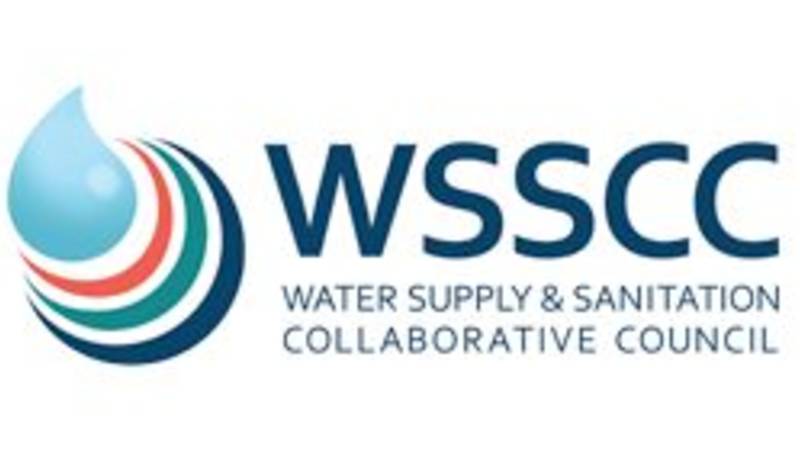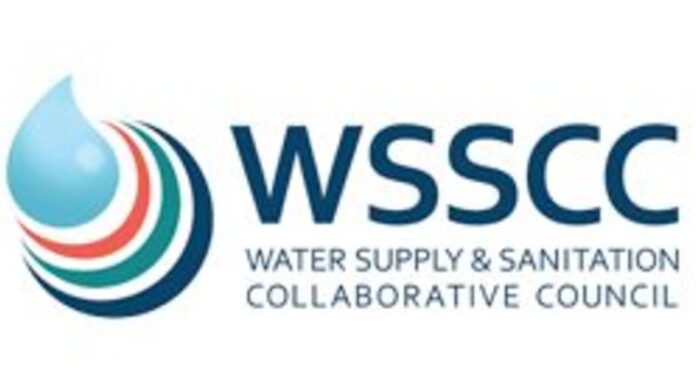
The United Nations (UN’s ) Water Supply and Sanitation Collaborative Council (WSSCC) have provided 2.5 million dollars for the implementation of Water, Sanitation and Hygiene programmes in six states.
The states are Ekiti, Ebonyi, Oyo, Kwara, Kogi and Plateau states for two years.
“The grant is premised on the 2019 Water Sanitation and Hygiene (WASH) NORM survey which revealed that the six states were at the lowest ebb of access to water and sanitation, with the highest number of people still practicing open defecation”.
According to the WASH NORM household survey, only 42 per cent of Nigerians use basic sanitation services, with 47 million people still defecating in the open.
The new grant is coming at winding down of the Rural Sanitation and Hygiene Promotion (RUSHPIN) programme implemented by United Purpose (UP), an International Non-Governmental Organisation (NGO) in six Local Government Areas of Cross River and Benue.
WSSCC, through the Global Sanitation Fund had provided 5.5 million dollars in 2014 to UP.
The money was to promote rural sanitation and hygiene in three local governments each of Benue and Cross River states.
Part of the Memorandum of Understanding (MoU) was that the two states government were expected to provide counterpart Fund to increase it to additional six local government areas, but sadly, the states government were unable to meet up.
Mr Nanpet Chuktu, the Programme Manager, RUSHPIN, told NAN in Abuja that given the success recorded under the programme, UP would also adopt the same model to improve sanitation and hygiene condition in the new states.
He said under the new arrangement with the Federal Government, WSSCC was changing its name to Sanitation and Hygiene Fund adding that although the RUSHPIN programme was officially coming to an end in 2020, there were plans under the new funding modalities to have an extension of the programme.
“We intend to use the learning from the RUSHPIN programme in new locations, as they would include WASH in schools, Primary Health Centre”.
According to him, they will also focus on menstrual hygiene management which are key things that will enable Nigeria achieve the Sustainable Development goals (SDGs).
Mr Emmanuel Awe, the Director, Water Quality Control and Sanitation Department, with the Federal Ministry of Water Resources, said RUSHPIN presence in Nigeria had opened up many opportunities and attention to budgetary allocations to the Sanitation sector.
He said although provision of potable water usually gets a budget line, sanitation was usually relegated behind, noting that such narrative was changing.
“When we talk about sanitation in Nigeria, WSSCC opened up a lot of opportunities. It was just right about the first time there is being substantial money going into sanitation. Even in the state’s budgets, not up to 5 million dollars goes into sanitation. The situation was that provision was made for water in the budgets, but you would hardly find sanitation in the national budget, talk more of making a provision for it. Now we have political will at national level, and this has helped ensure that the president takes a decision on sanitation”.
According to him, WSSCC played significant roles in ensuring that sanitation got the highest political prioritisation in Nigeria.
He noted that the next steps would be to fight for funding to ensure that enough public funds go into sanitation and hygiene promotion.
Dr Elizabeth Jeiyol, the National Coordinator, WSSCC Nigeria, said from the experience of seven to eight years, several lessons had been learnt.
She added that the new stage would see more commitment for more households and public places to have access to sanitation and dignity.
“If there is more funding available for the next few years, it would be to invest into ensuring that households, communities, public and private institutions are able to provide access to the right sanitation and hygiene. This will ensure that everyone irrespective of age and gender so that they may practice sanitation with dignity”.

